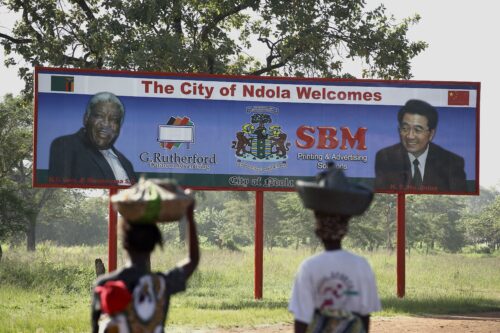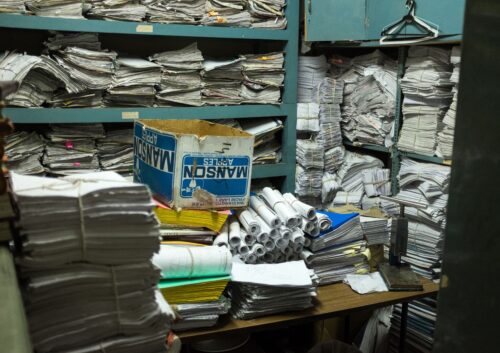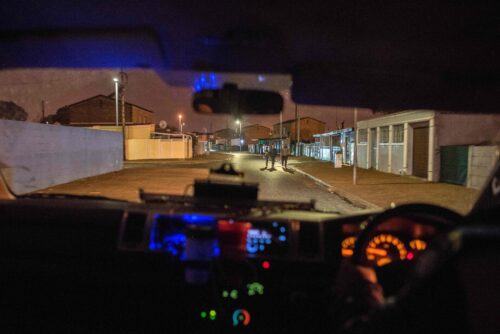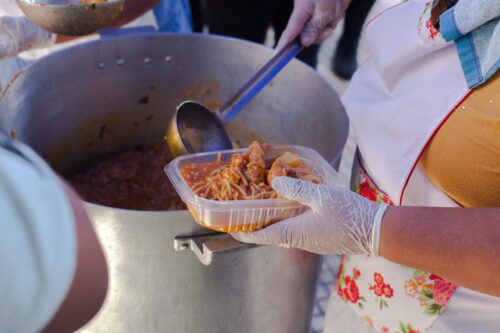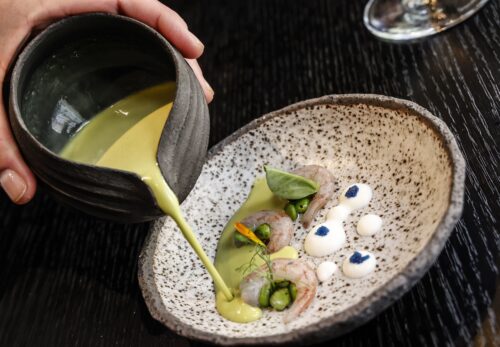Her Dirge
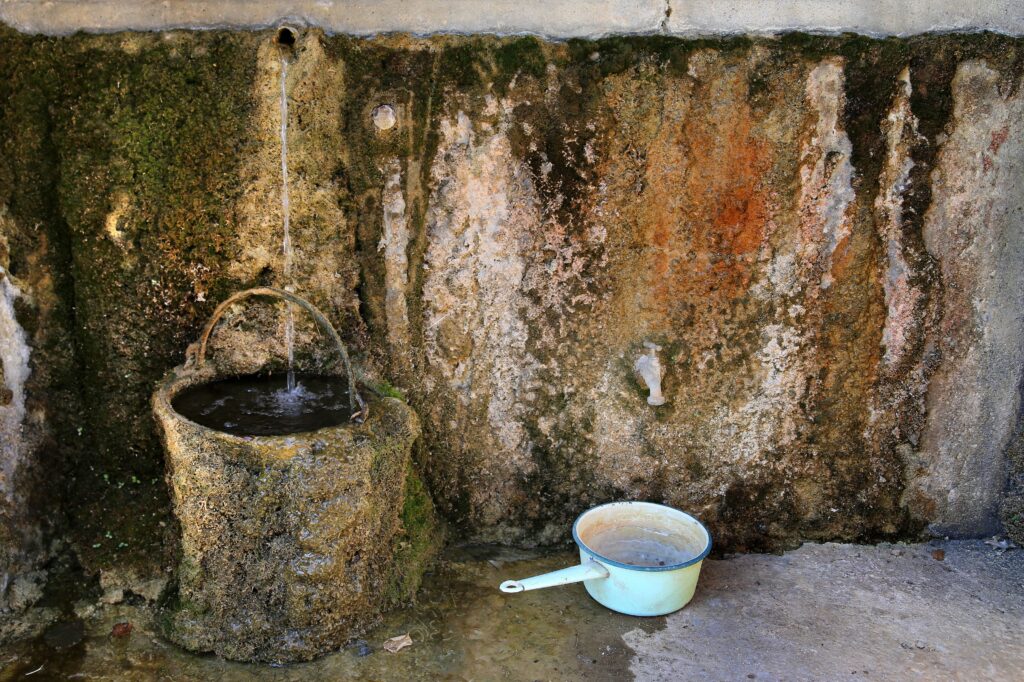
memory is a washerwoman
who knows that when the blood is poisoned,
you have to slaughter the whole cow.
otherwise the thick plasma stains the carpet of
earth and turns the seeds to acrid flesh
memory says nothing of this
she is too aware of where she stands
that is, over the clay well—heaving the knotted
rope from the centuries-old pit, the slosh
licking her toes, she knows to stick
to curled fingers on wrapped cloth
wringing then soaking, dunking then
hanging. she cares not for language
pushes away tongue from teeth
resorts to listening for the breath in
the creek, the sway of baobab, ficus,
cinnamon, and mango tree.
so when the sea vomits the dead
and the sky turns an orange-red that
resembles dying embers on a dry night
she says nothing of the past, does not
beg for the remembering, instead she lets
the waves swallow more bodies
in gulps, knows that by morning she
will return, bucket under arm, to lower her load onto
the stump. measure out ash soap, tincture
of oak, then wring out fabric. hum her song
and if she prays she does
not ask for hope, only more clothes.
